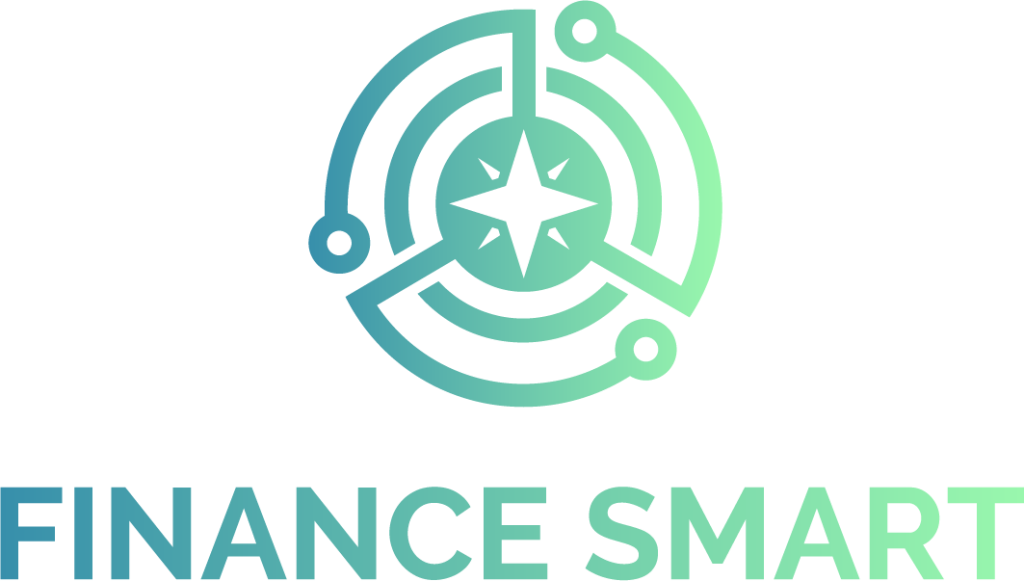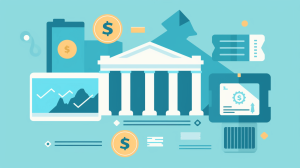Home » Guide to credit cards in Vietnam
Guide to credit cards in Vietnam
Everything you need to know about credit cards in Vietnam: how to apply, fees, rewards, benefits & more. Your ultimate guide is here!
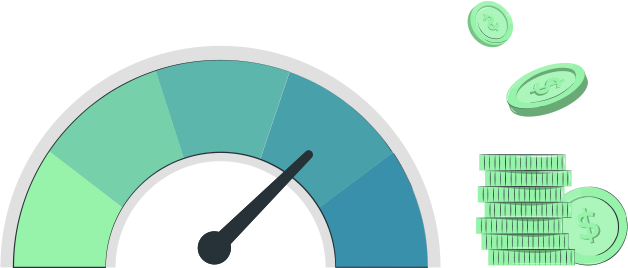
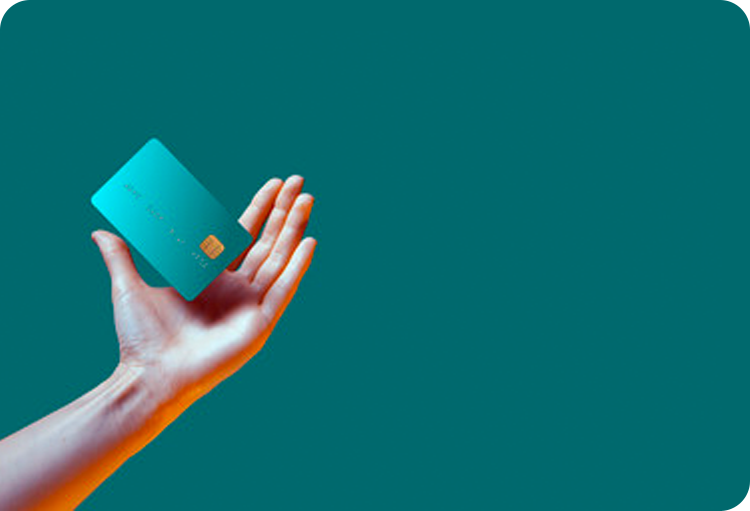
What is a Credit Card?
A credit card is a tool that allows you to purchase something now and pay for it later. The card issuer pays for your purchases upfront and trusts that you will repay them later. You can use a credit card to make online purchases and pay for products and services at stores, shops, hotels, and restaurants that accept credit card payments. You can also use it to get cash advances at ATMs.
What are the Main Types of Credit Cards?
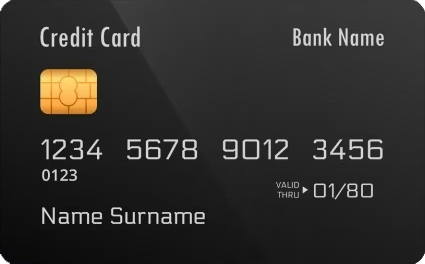
Air Miles Credit Card
An Air Miles credit card allows you to earn rewards for travel, shopping, and more. Enjoy perks such as free flights, upgrades, and lounge access. read more
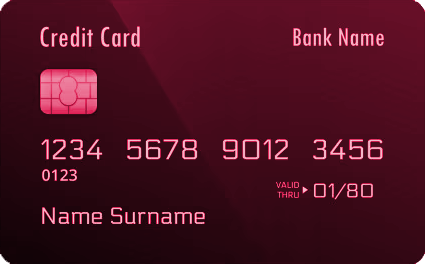
Cashback Credit Cards
Get cashback on purchases with a cashback credit card. Earn rewards for everyday spending. read more
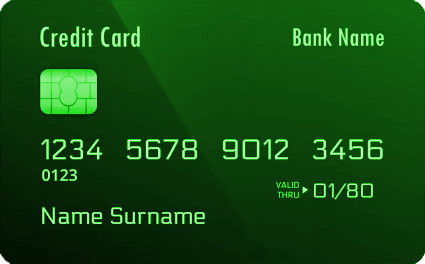
Rewards Credit Cards
A rewards credit card benefits you for everyday purchases. Earn points or miles to redeem for travel, shopping, and more. read more
How to choose the best credit card?
Mauris nisl diam, pharetra et mauris eget, efficitur bibendum metus. Etiam elementum magna et massa rutrum fermentum ac at ipsum. Nullam purus orci, porta et vulputate sit amet, semper in nibh. Vivamus sollitudin pharetra diam eget ultricies. Phasellus một ngày nào đó. Praesent ut urna ut diam imperdiet congue. Trong trường hợp này, tôi có thể thấy xe cộ bị sagittis. Aliquam erat volutpat. Nunc enim metus, lobortis vitae efficitur nec, fermentum eu tortor.

What are the features of a credit card?

Credit limit
Each credit card has a fixed credit limit determined by the card issuer. Cardholders can only spend up to the credit limit of the card.

Cash alternative
If you want to make transactions worldwide, a credit card can be a good option because it uses international networks such as Mastercard, Visa, JCB, etc.

Interest-free period
The interest-free period is the duration during which you do not have to pay interest on your purchases, typically 45 or 55 days from the start of the billing cycle.

Rewards and other incentives
Credit cards, depending on the type, offer various incentives and discounts. Based on the type of card, you can earn reward points, cashback, sign-up bonuses, discounts, and more.

Fees and charges
Credit cards come with various fees and charges, including annual fees, cash advance fees, over-limit fees, late payment fees, and more.

Cash advance interest
Withdrawing cash using a credit card incurs higher interest rates. In fact, the interest charged can be higher than that for personal loans.
What are common credit card fees?
Annual fee
The annual fee on a credit card is a yearly charge imposed by the card issuer. Essentially, this is the fee for having the credit card. Depending on how frequently you use the card, you may be able to request the bank to waive this fee.
Late fee
The late payment fee on a credit card is a penalty charged when the cardholder does not make the minimum payment by the due date. It typically ranges from a fixed amount to a percentage of the overdue balance.
Cash advance fee
The cash advance fee on a credit card is a charge, typically around 3%, for withdrawing cash. It is separate from the interest rate and incurs interest immediately without an interest-free period.
Foreign transaction fee
The foreign transaction fee on a credit card is an additional charge, usually a percentage of the transaction amount, for using the card in a foreign currency or outside your home country.
How do you compare credit card offers?
Our credit card comparison table can help you see some of the best value deals on the market right now and compare the most important features for you, whether it's low interest rates or reward programs.
Once you've found a card that offers the most important features for you, be sure to check the other features of the card to ensure you won't be affected by a hefty annual fee or excessively high purchase rates.
The best credit card will differ for everyone. You should choose a credit card that offers the best rewards in the areas you are interested in.

What do I need to apply?

Identification
Banks or credit card providers will require your identification details such as ID card/citizen identification/passport. You must be over 18 years old and either a Vietnamese citizen or a foreigner residing in Vietnam for at least 12 consecutive months.

Financial details
They will also want to know details about your job and how much you earn. However, for many providers, you only need to have valuable assets such as a car, a house, or have frequently traveled abroad.

Personal documents
Depending on the issuing organization of the credit card and local regulations, you may be required to provide additional personal documents. These may include proof of address (utility bills, rental contracts), and bank statements.

Things you need to know before using your credit card.
The benefits of a credit card are best enjoyed when used responsibly. Understand and plan your payments wisely to use your purchasing power effectively. In addition to the common fees mentioned above, you need to understand the following:
Understanding the minimum payment requirement of a credit card.
Most banks in Vietnam calculate the minimum payment at around 2% to 3% of the outstanding balance, often not exceeding a specific amount as determined by each bank's regulations, which can be relatively small.
Understanding credit card interest rates
Typically, interest rates in Vietnam range from around 15% to 33% per annum. If you do not pay your full bill, you may incur interest rates ranging from 1.25% to 2.75% per month, along with a minimum late payment fee.
For example, if you have a balance of 20,000,000 VND with a credit card interest rate of 2.75% and a late payment fee of 50,000 VND, you would need to pay the bank 560,000 VND in credit card interest. To avoid these substantial interest payments, make sure to pay your credit card bill in full and on time.
Smart ways to use your credit card
Advice on using your credit card wisely
Spend only what you can afford to pay off each month.
"Having a credit card doesn't mean you have unlimited funds. Before swiping your card, ensure you have the budget and ability to pay off your credit card bill each month. Whenever possible, use it sparingly and only when necessary."
Pay your full monthly bill.
The more, the better—pay your credit card bill in full every month. If unable to, strive to pay as much as possible and meet the minimum payment to avoid late fees. However, any unpaid balance will still accrue high interest rates, potentially nullifying rewards or cash back earned for that month.
Use your rewards wisely.
Many credit cards require a minimum spending threshold before you can redeem rewards or cash back you've earned. Some reward points also have expiration dates. Make sure to track and use your accumulated points, as well as monitor bank promotions, to maximize the benefits of your credit card.
Pay your bills on time.
Improve your credit rating by paying your bills early or on time. This will also help you avoid any additional fees and manage your finances more effectively.

Ways to protect yourself from credit card fraud

Never disclose your credit card information to anyone.
Never share your credit card and personal financial information with anyone, including close friends or family, for security purposes.

Never disclose your personal information.
Personal information includes your bills and old documents. Dispose of them properly and avoid sharing your bank account information with anyone to prevent identity theft and unauthorized purchases.

Check your transaction history on your monthly bill.
Make it a habit to review your transaction history every month. This shows how well you're sticking to your spending plan and allows you to detect any suspicious activity.

When shopping online, look for the green padlock icon or HTTPS.
The green padlock and HTTPS in the address bar indicate that the website you're visiting is secure and data transmitted between your device and the website is encrypted. If a website is not secure, you should avoid it to prevent information leakage.

Don't open suspicious emails and links.
Scams are everywhere these days. Don't fall victim to one; ignore unwanted or unsolicited emails or messages, especially those offering promotions that seem too good to be true.

Don't open suspicious-looking emails and links
Suspendisse augue justo, luctus sit amet tincidunt vitae, interdum interdum tellus. Nunc sagittis hendrerit diam, quis hendrerit est posuere venenatis. Nullam commodo egestas lectus.
